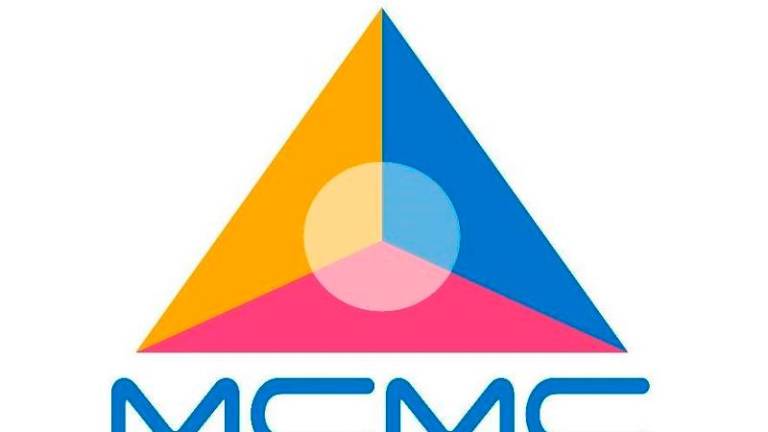DEPRESSION is a multifaceted disorder, impacted by variables such as medical, psychological, genetic and environmental elements. Furthermore, the workplace can often trigger or worsen symptoms for those already suffering from depression.
Here are some signs that may indicate that you are undergoing job depression:
Skipping work: This could involve calling in sick or coming up with an excuse for a personal day.
Difficulty concentrating? If it feels like your mind is constantly foggy and you are stuck in a negative state of mind, this could be a sign that depression is affecting your work.
Missing deadlines or not meeting goals, not completing tasks, shying away from phone calls and meetings, and failing
to achieve objectives can all
be indicators of workplace depression.
Major problems like bullying, abuse or discrimination can lead to depressive thoughts if they remain unresolved.
Do you often feel worn out and have no motivation to work? Constant fatigue may be a sign of depression.
Though practical, working remotely has its negative effects too. The separation between personal and professional life can blur, disrupting your regular daily schedule.
Establishing and maintaining a defined routine while operating from home is not as easy as it sounds.
Without a plan, boredom can gradually seep in, resulting in depressive emotions and notions.
Working from home takes away the social contact we normally have at work, leading to feelings of loneliness and isolation.
We must make do with communication tools such as chat, phone calls and video conferencing, thus adding to our already increased time spent in front of electronic screens.
If you are struggling with depression in your workplace, try these strategies to manage it. They cannot replace professional help but may provide some relief.
The initial step to dealing with depression in the workplace is acknowledging it. Accept and recognise how you are feeling. What could be triggering your depression? Is your gloominess related to work? Or is something else causing it? It is essential to get to the source of your state.
Without treatment, it is unlikely that depression will go away on
its own. It is essential to find a trustworthy expert you feel comfortable confiding in.
Your company’s group insurance may include an Employee Assistance Programme (EAP) as a benefit. Malaysian companies offer EAP to assist employees with personal concerns, such as professional
and personal matters. Employees usually get free assessment
and counseling through these programmes.
Adhere to the plan recommended by your healthcare professional when engaging in therapy or taking medication. If it is necessary to stop any form of treatment, consult your doctor or therapist first.
Take time off from work: Schedule your holidays and time off in advance to create healthy boundaries between your work and personal life. Anticipating a vacation can help ease workplace depression.
Get regular breaks: Stand up, stretch or go out for a quick lunch. Taking a few minutes away from your work area can help.
Engage in self-care: If you are suffering from depression, you should contemplate how to be kind to yourself. Taking care of yourself comprise numerous of the aforesaid tips, including psychotherapy or consultation.
Additionally, attempt to integrate in activities that you may relish and can lift your spirits, such as meditation, yoga, jogging, exercising, hiking, gardening, listening to music or taking a leisure trip.
Exercising particularly enhances endorphin levels, producing the same neural compound that various anti-depressants aid in stirring up. While this may appear insignificant, physical movement and sunlight are both natural mood enhancers.
Taking care of yourself is important but is not enough to
cure depression. Making small improvements to your day-to-day life can help but it is essential to work with a behavioural professional for long-term relief from depression.
Do not forget that you do not have to go through this alone. Make an appointment with a doctor or mental health specialist if it is too difficult to discuss your problem at work.
Dr Praveena Rajendra, Certified Mental Health and Awareness Practitioner specialised in Narcissistic Abuse Recovery. Comments: letters@thesundaily.com










